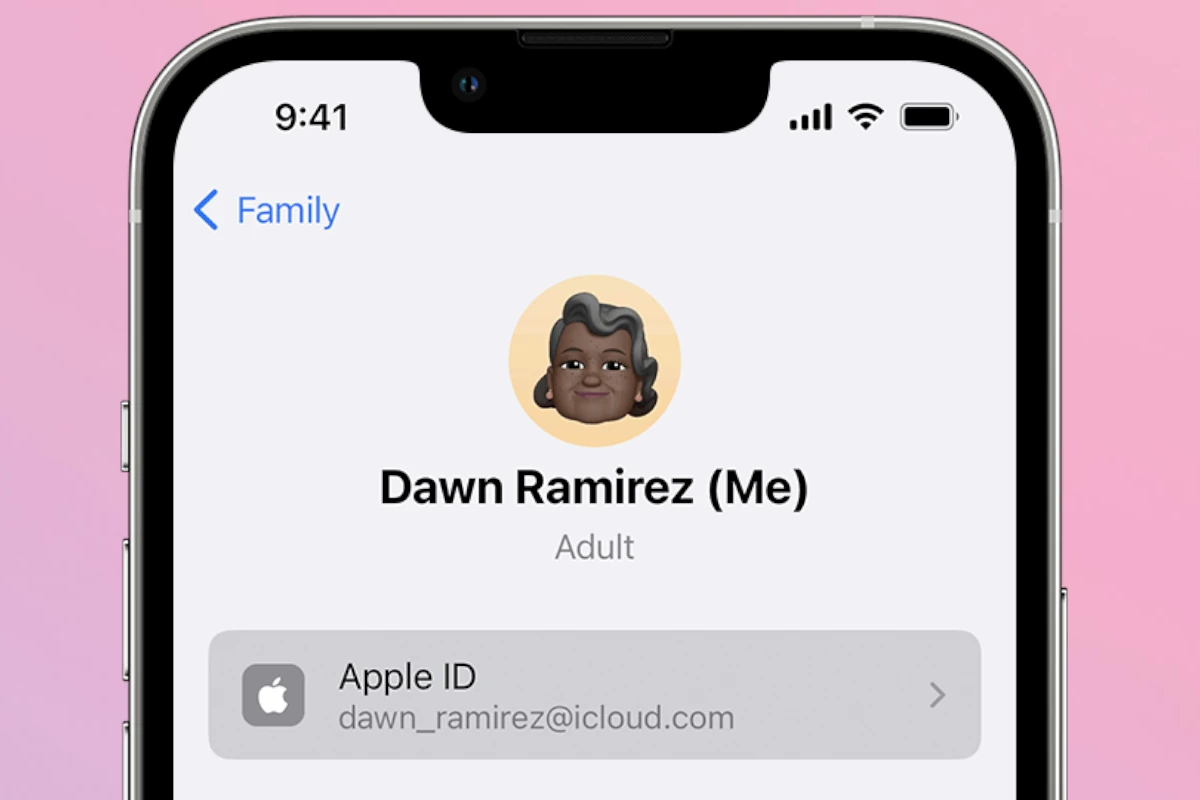The Apple ID is a username and password pair that unlocks various Apple services—from iCloud storage to iMessages. If someone has your Apple ID, they can see a lot of your private data, including messages, contacts, and even your photos.
Security becomes a concern when thinking about how much of our lives we store on our Apple devices. Unauthorized access to your Apple ID can let someone else impersonate you by sending messages from your phone number. They could also review your emails, check your calendar events, and possibly alter your settings.
Understanding the potential risks of unauthorized access is crucial. Knowing what someone might see if they gain your Apple ID can help you take steps to protect your privacy. Don’t ignore signs like unexpected messages or device activations—these could be red flags.
Apple ID Security: What’s at Stake?
Understanding the Risks
If someone gains access to your Apple ID, they can see a wide range of personal information and potentially disrupt your digital life. This includes:
- Personal Information: Your name, address, phone number, and email address linked to your Apple ID.
- Payment Information: Any credit or debit card details associated with your Apple ID for App Store, iTunes, or other Apple service purchases.
- iCloud Data: Access to your iCloud Drive files, photos, videos, notes, contacts, calendars, reminders, and other data stored in iCloud.
- Messages and FaceTime: View your iMessage conversations, FaceTime call history, and potentially listen to voicemail messages.
- Find My: Track the location of your Apple devices, including iPhone, iPad, Mac, and AirPods.
- App Store and iTunes: Make purchases using your payment information, download apps, and access your purchase history.
Additional Risks
- Account Changes: Change your Apple ID password, security questions, and other account settings.
- Lock You Out: Lock you out of your Apple devices using Find My and demand a ransom to unlock them.
- Impersonate You: Send messages or make calls using your identity.
- Data Theft: Download your data from iCloud for malicious purposes.
Summary Table: Information Accessible with Your Apple ID
| Category | Information |
|---|---|
| Personal Details | Name, address, phone number, email address |
| Payment Information | Credit/debit card details linked to Apple ID |
| iCloud Data | Files, photos, videos, notes, contacts, calendars, reminders, etc. |
| Communications | iMessages, FaceTime history, voicemail (potential) |
| Device Location | Track iPhone, iPad, Mac, AirPods via Find My |
| App Store & iTunes | Purchase history, download apps, make purchases |
| Account Control | Change password, security questions, settings |
Protecting Your Apple ID
- Strong Password: Use a strong and unique password for your Apple ID.
- Two-Factor Authentication (2FA): Enable 2FA to add an extra layer of security.
- Beware of Phishing: Be cautious of emails or messages claiming to be from Apple.
- Regularly Review Activity: Check your Apple ID account page for unusual activity.
- Keep Software Updated: Update your devices to the latest iOS versions for security patches.
Remember, your Apple ID is the key to your digital life. Keep it secure to protect your privacy and personal information.
Key Takeaways
- Apple IDs secure access to many services on iPhones and other Apple devices.
- Unauthorized access can let someone view messages, photos, and much more.
- Be vigilant about any unusual activity to protect your data.
Understanding Apple ID and Its Importance
Apple ID is a crucial part of any Apple user’s experience. It serves as the key to accessing Apple’s services and keeping your personal information secure.
What Is an Apple ID?
An Apple ID is the account you use to access Apple services like the App Store, iCloud, iMessage, and more. It is made up of an email address and a password. With this account, users can download apps, buy music, and sync their data across multiple Apple devices.
Apple ID links all your Apple products, making it easy to manage them. It stores personal data such as emails, contacts, and calendar events. The account also connects you to family sharing services, which lets you share purchases with family members without giving them access to your account.
The Significance of Keeping Your Apple ID Secure
Keeping your Apple ID secure is important for protecting your personal data. Unauthorized access to your Apple ID can give someone control over your emails, contacts, and even financial information stored in apps like Apple Pay. This makes it essential to use strong passwords and regularly update them.
Two-Factor Authentication adds an extra layer of security. If someone tries to log in to your account, they must enter a code sent to one of your devices. This prevents unauthorized users from accessing your account, even if they have your password.
Maintaining tight security also helps protect your privacy. With your account details secure, others cannot easily access your photos, messages, or location data. Keeping software up to date can further enhance security by fixing any known issues.
By securing your Apple ID, you ensure that your personal and financial information remains private and protected.
Risks and Impacts of Unauthorized Access
Unauthorized access to your Apple ID can lead to serious risks. Sensitive data such as personal information, emails, and financial details can be exposed, leading to identity theft and financial loss.
How Unauthorized Access Occurs
Hackers can gain access to your Apple ID through several methods. They may use phishing emails to trick you into revealing your login details. Sometimes, they exploit weak passwords or reuse of passwords from breached accounts.
Another method involves installing malware or spyware on your device. These programs can capture your Apple ID and password without you knowing. Public Wi-Fi networks can also be risky since they can be used to intercept your data.
What Information Can Be Accessed
Once unauthorized access is gained, hackers can view a wide range of your information. They can see personal details like your name, email address, and phone number. They can access your iCloud, which contains photos, documents, and backups of your devices.
Financial information linked to your Apple ID such as saved credit card details or purchasing history can be exposed too. Additionally, access to your email can allow them to reset passwords for other accounts.
Potential Consequences of a Compromised Apple ID
A compromised Apple ID can have serious impacts. Hackers can make unauthorized purchases or even steal your money. They can access your confidential and sensitive data stored in iCloud. They can also pose as you to commit fraud or damage your online reputation.
There is also the risk of identity theft if personal information is stolen. Restoring your account and ensuring everything is secure again can be a time-consuming process. The emotional stress and inconvenience caused by such unauthorized access can be significant.







